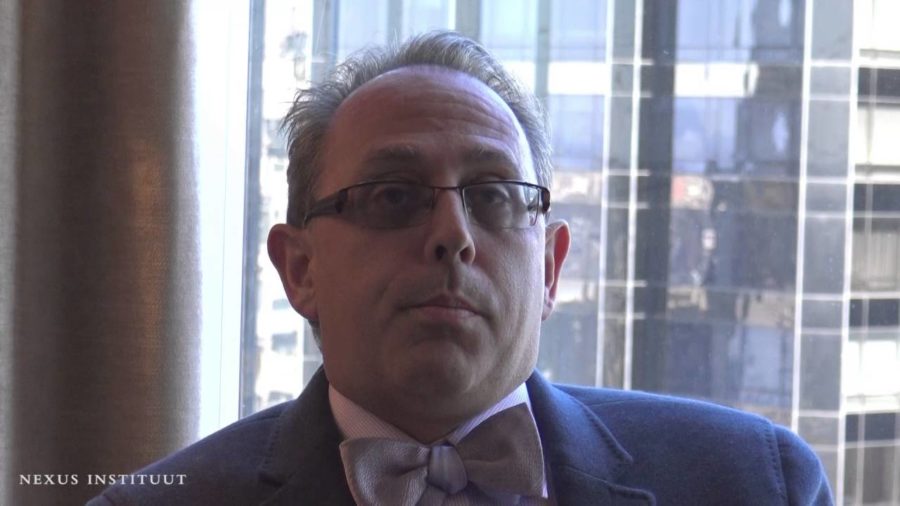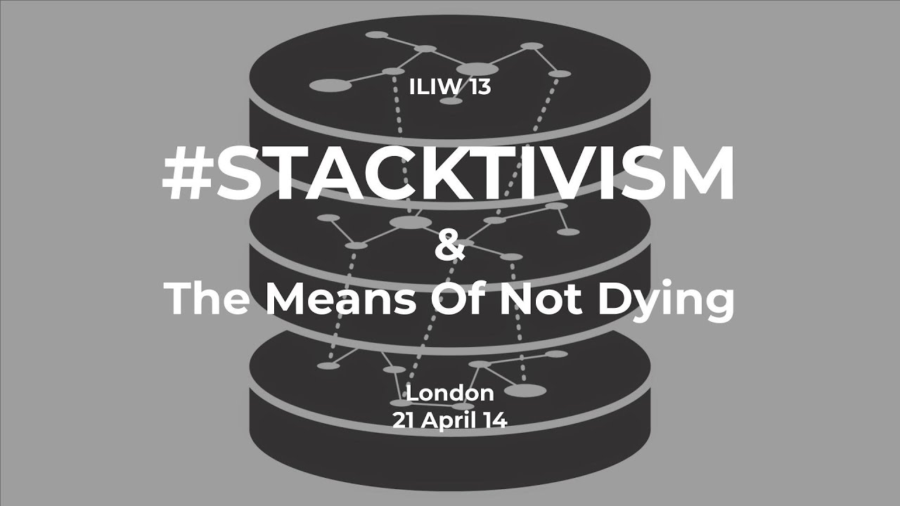History of technology is the history of civilization. The primary concern of all humans throughout history has been not dying. So the way that we have coped to mitigate this risk of not dying is by building infrastructure.
Archive (Page 1 of 2)

My proposition is that we are not in history anymore, we are in hyperhistory. If we want to discuss about hyperhistory, when everything is written, when not only the important things are written but everything is written, then we have a lot of questions to answer. What is important? Who has the power? What is freedom?
I don’t understand the fear. And that’s the biggest threat. And the reason it’s a threat is it makes your judgment bad. You never make good decisions when you’re afraid. And it destroys your ability to clearly look at the facts and do something. You choke, in other words.
Historians get really nervous about patterns. That’s changing a bit now. And the truth of it is there’s not much way to avoid the 500-year cycle. You almost have to work too hard to unsay it, it’s so obviously there in every way. And if you say every 500 years we go through one, then you immediately say we’re in the 21st century and baby are we going through one.
People think that the Civil Rights Movement and all big epochal movements involve conscience, and they do. They also involve consciousness. I mean, you can’t struggle against what you’re unaware off, right? The Klan as the iconic carriers of violence, the Bull Connor of the iconic southern white male resistance, George Wallace the iconic neopopulist racist. You know, these were historic figures in myth and reality. But we wouldn’t get to what they represented till much later.
To me…we all draw our satisfaction from what we ourselves have been able to do with our lives. And if somebody, some government or someone else is just giving to me, I’m not going to be a happy person.

Hannah Arendt loved it when unexpected things happened in politics. She thinks and thought that spontaneity, newness… She used the word “natality,” which is often misused and abused in her work by others, but it means birth, birthliness. And she thought that what made human beings different from other animals is not that we were rational, but that we could start things new.
We don’t have a concept of balance. Not only do we not have a concept of balance, but we have a very distorted sense of social justice that has been reframed to justify a society that is fundamentally anchored around the concept of imbalance. The resources of the world cluster toward a handful of very very powerful countries, one country having an even greater share. In order to justify this greater share, it’s made them believe that this higher concentration of power is normal, and that anybody in all countries can have it, and that all countries should aspire for it.
I see a set of constraints facing us in the future, and they’re all going to be very expensive. First is funding retirements for the Baby Boom generation. Second is continuing increases in the costs of healthcare. The third is replacing decaying infrastructure. The fourth is adapting to climate change and repairing environmental damage. The fifth is developing new sources of energy. The sixth is what I see as in all likelihood continuing high military costs. The seventh is the costs of innovation.
I enjoy clean air and clean water as much as the most rabid environmental person. I just think we can have the products of society, as well as having these things. Progress is a good thing. I’m just simply a realist. And I’m just trying to enjoy life, enjoy family, enjoy friends, and contribute to society as best I can. And I think providing energy, I think providing the metals that society consumes, that people have in their their iPads, in their iPods, in their iPhones… I think that’s an honorable thing to do. What else would you do? You know, why fight that?

